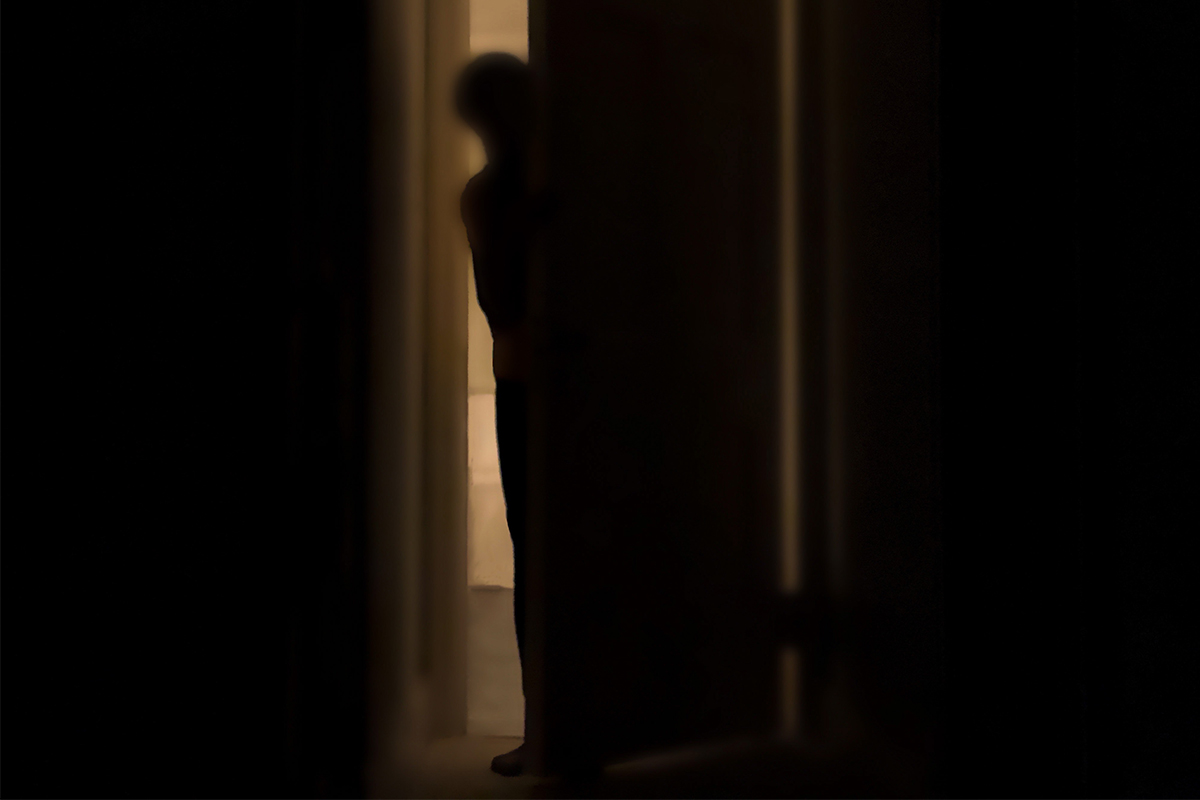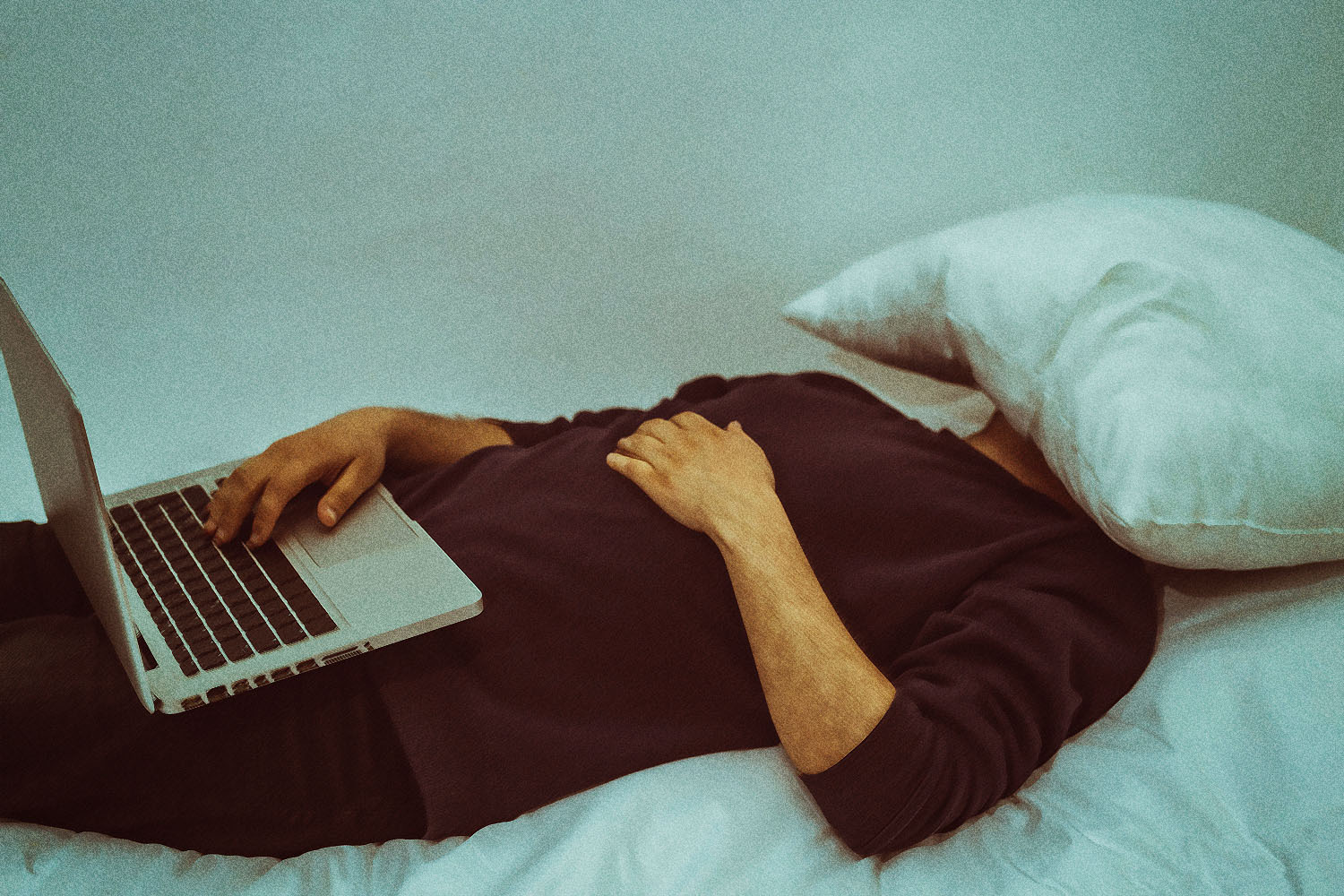According to a recent survey conducted by Amerisleep, the most common nightmare among sleepers is “falling,” followed closely by “being chased.” The mattress retailer surveyed 2,000 people and found five specific night terrors that over 50% of sleepers report experiencing at at least one point in their lives. The rest include:
- Falling (65%)
- Being chased (63%)
- Death (55%)
- Feeling lost (54%)
- Feeling trapped (52%)
Other wild cards that made the list? “Drowning” (22%), “bugs crawling on you” (15%), and “going bald” (5%).
Breaking it down further by gender, Amerisleep discovered that the most common male-specific nightmare is anything including “technology malfunction.” The most common female-specific nightmare, meanwhile, involves a “loved one passing.” While that disparity in priorities doesn’t look great for guys, it might have a logistical explanation: men make up 90% of the “most dangerous jobs” in the American workforce. When equipment failure is the difference between life and death, it isn’t surprising that that stress finds its way to your dreams.
Amerisleep also commissioned a more macro study — on the topic of dreams in general, not just nightmares — and fascinatingly, “falling” and “being chased” still took the two top slots. It speaks to our national stress levels that our most frequent dreams are also nightmares. Nearly 20 months into the pandemic, somnologists maintain, isolation, anxiety and stress continue to influence what and how we dream. It means a lot of unwanted, action-packed nights, alongside dreams that aren’t classified as nightmares but might as well be. For instance: “being back in school” registered 40% frequency in the survey. No one needs eight hours of pop quizzes.
As for why “falling” is is so common, there’s both the emotional explanation (“My life is out of control … I feel insecure about something … I’m completely overwhelmed”) and a scientific one. Basically, when the body shifts from wakefulness to the first stage of sleep, we can experience what’s known as a hypnic jerk. This is a natural, gut reaction to the sense of weightlessness we feel when our muscles relax and sink into the bed. Neural pathways aren’t functioning to their normal standards in these moments, so the brain may conclude that gravity is gone and send your body into “free fall.” Sometimes this chain of events even makes it into the plot of your dreams, which is why we normally wake up after a falling nightmare.
Next time it happens, just know that: A) it’s completely normal, B) this year, of all years, it’s okay to be stressed, and C) you’re not alone. It would appear that a ton of American sleepers are falling from the sky at the very same time.
Whether you’re looking to get into shape, or just get out of a funk, The Charge has got you covered. Sign up for our new wellness newsletter today.

















